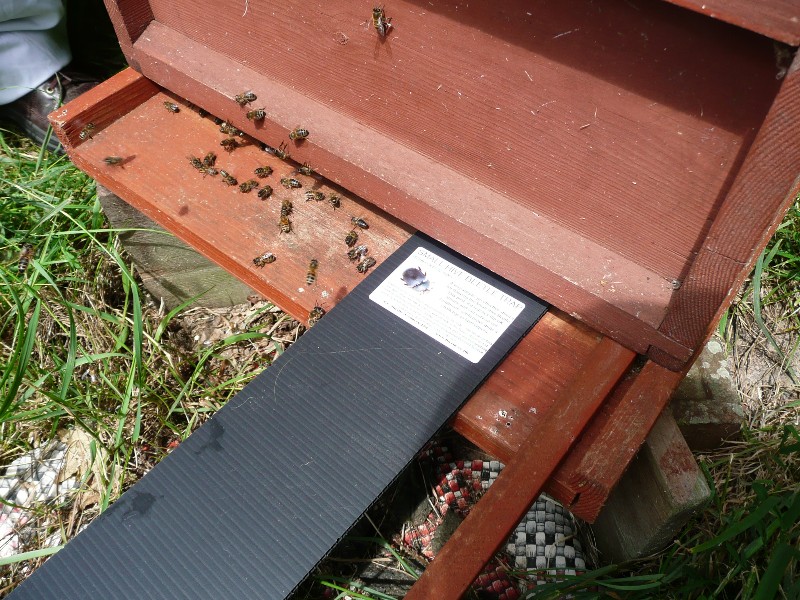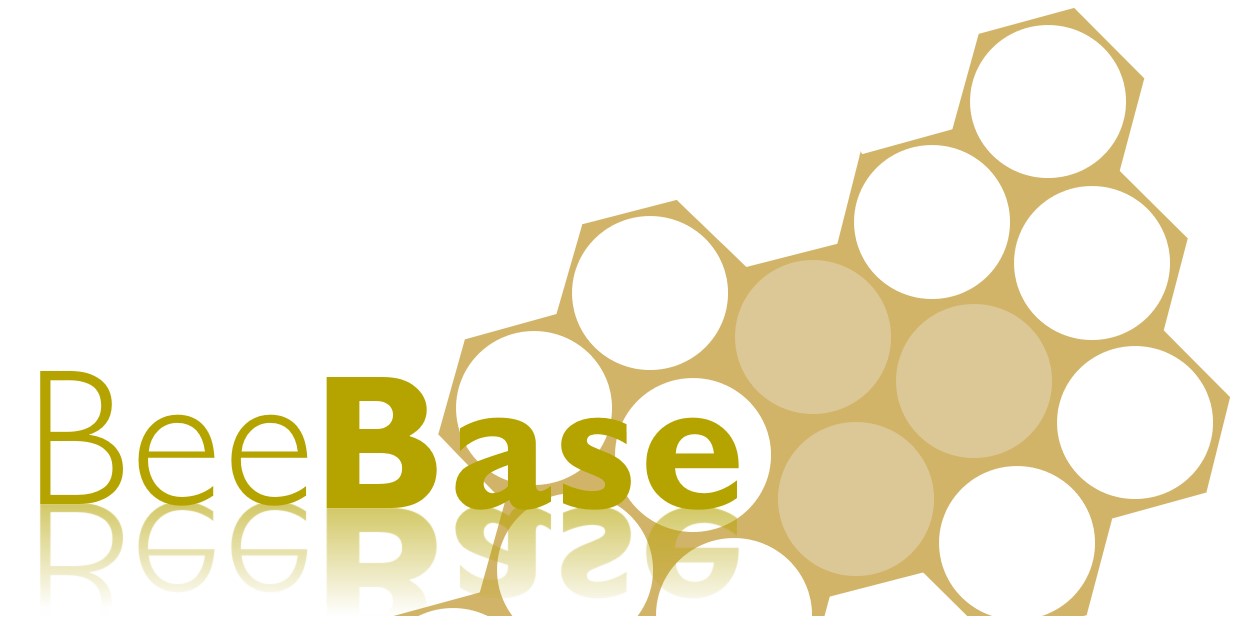Voluntary Sentinel Apiary Programme (VSA)
The voluntary sentinel apiary programme was set up in 2010 in England and Wales as part of the response to a decision to give more priority to exotic pest surveillance.
The scheme relies on voluntary participation by beekeepers who are asked to monitor their colonies for exotic pests and submit two samples of floor scrapings/hive debris during the active season using equipment and materials provided by the National Bee Unit. Small hive beetle traps are also made available. All equipment and postage costs are supplied at no cost to the participating beekeeper.
The decision to use voluntary participation by beekeepers was taken to improve beekeeper engagement and awareness of exotic pests and provide an additional layer of surveillance.
The programme has continued to date in much the same format and each region now has at least 15 VSAs close to exotic pest risk points.
The programme is targeted towards detecting the statutory exotic pests Small hive beetle and the tropilaelaps spp. mite. However, monitoring for Asian hornet is also undertaken by some VSAs in high-risk areas. For general Asian hornet monitoring the use of killing traps which drown insects that enter is discouraged. If VSA beekeepers can make a commitment to check traps every day to release by-catch they are encouraged to monitor for Asian hornet as part of the programme.
Some VSA participants (mainly in the South and South East) situated in areas where Asian hornet has previously found have installed traps, especially monitoring for queens in early spring.
Enhanced Sentinel Apiary Programme (ESA)
The first response to the incursion of an exotic pest into the UK would be a determined attempt at eradication. It is obvious that early detection is key to a successful outcome. Modelling of likely pest and disease spread carried out by a research team at Warwick University has indicated that an increased level and frequency of surveillance, particularly in high-risk areas, would improve the likelihood of early detection.
The exotic risk points were re-evaluated during the winter period (2015/6) using a new risk matrix and grouped into High, Medium, and Low risk categories. The regional list of exotic pest risk points on BeeBase currently has a risk rating of 1 to 9 (this range may be broadened in future development). High risk points are those with a rating of 8 or 9, Medium 4 to 7 and Low 1 to 3).
In addition to the VSA programme a new Enhanced Sentinel Apiary programme has been developed. Whereas the VSA scheme relies on voluntary beekeeper participation (currently running at about 70% compliance), the ESA programme will be under NBU control with the benefit of expert inspection of colonies by Approved Bee Inspectors three times each season.

How to be involved
If your apiaries are in England or Wales and you wish to take part in either the VSA or ESA programmes, contact your local bee inspector to discuss. Details can be found by going to our Contact Us page.
Documents for Participants
